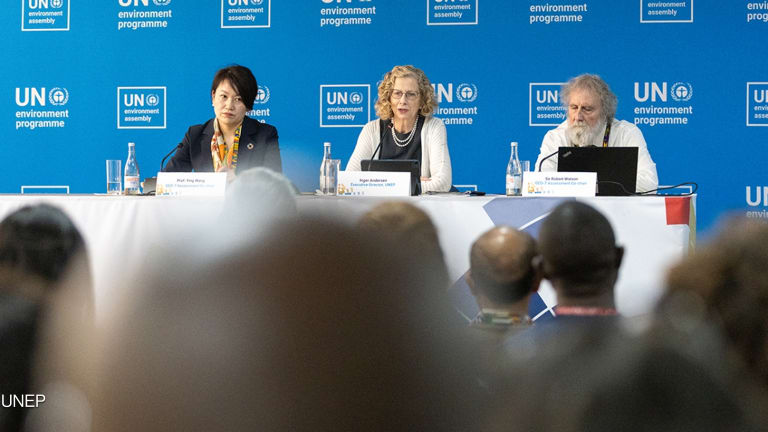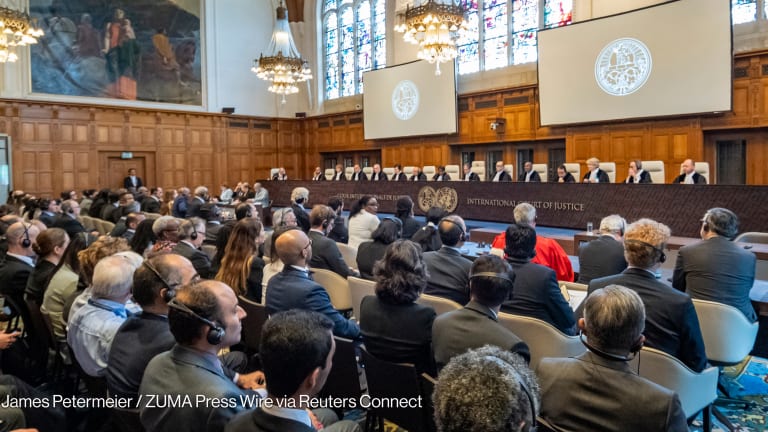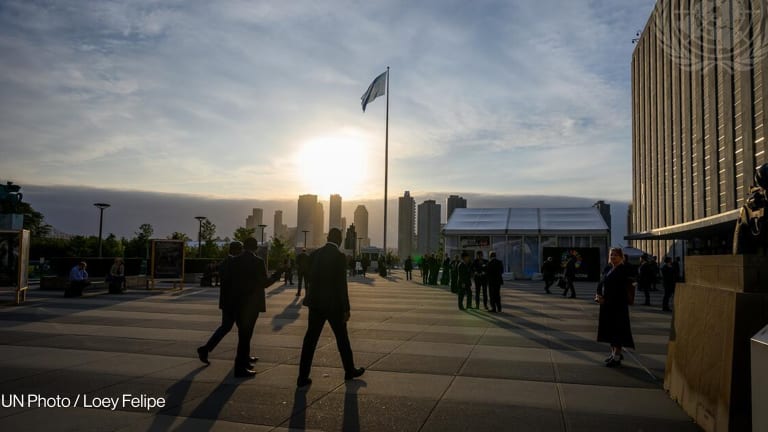A resolution pushing for the adoption of solar radiation modification, or SRM, also known as solar geoengineering, as a technology to battle global warming and climate change was rejected this week at the sixth session of the United Nations Environment Assembly, or UNEA-6, held in Nairobi, Kenya.
SRM is a technology that would involve deploying aerosols into the stratosphere, aiming to cool the planet by reflecting sunlight back into space. Dubbed “a dangerous distraction in battling climate change” by some delegates, the rejection of the resolution — which would have created a U.N. expert group with a mandate from member states to assess the risks and opportunities of SRM — was hailed as a “breakthrough” by African activists.
Botswana, Djibouti, Ethiopia, Gabon, and Somalia rejected the resolution, proposed by Switzerland, ahead of a UNEA-6 heads of states high-level meeting on Feb. 29. It has now been withdrawn.








